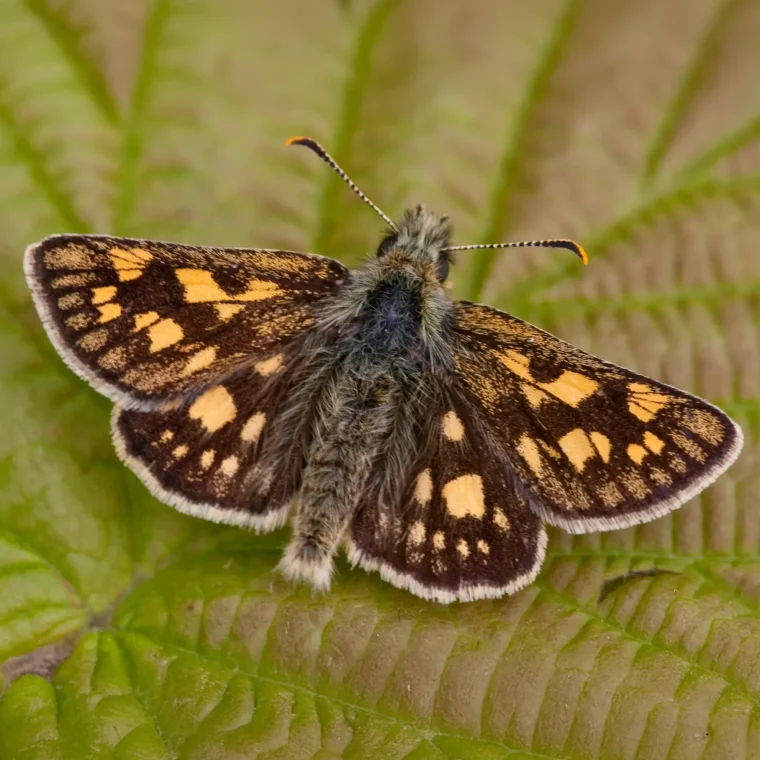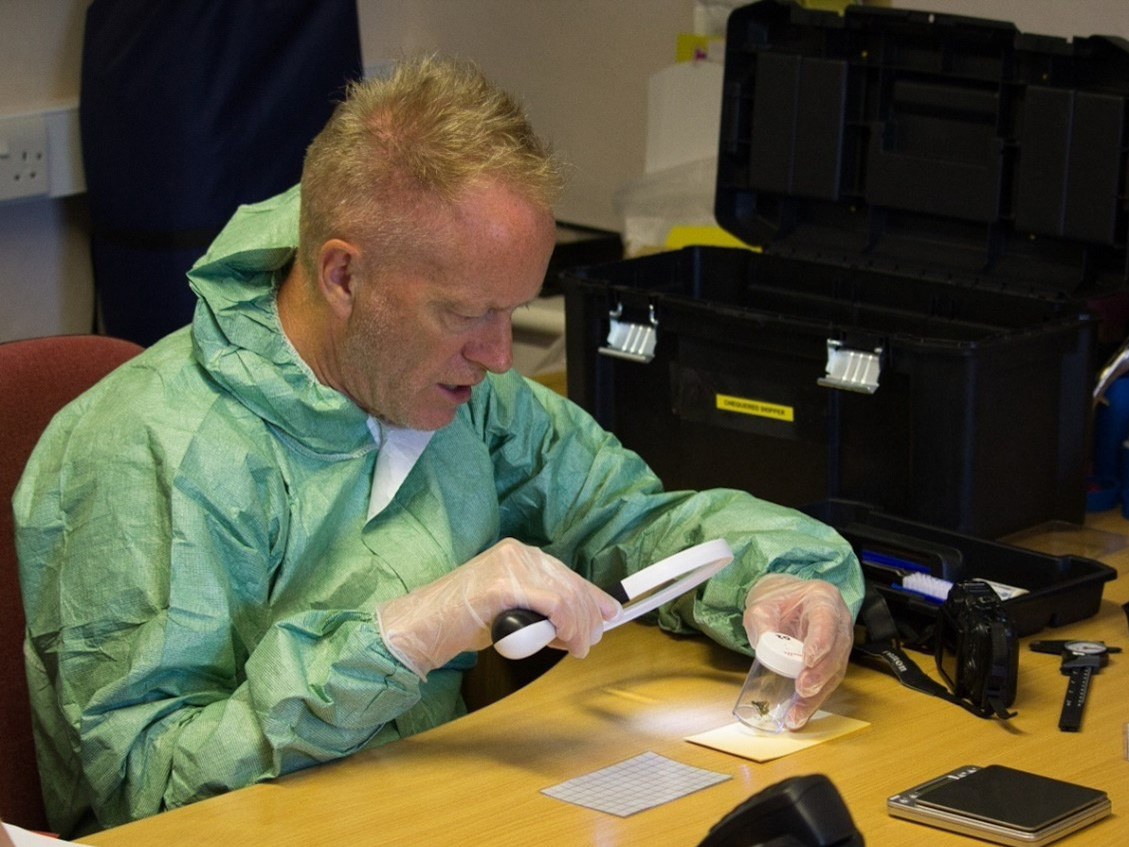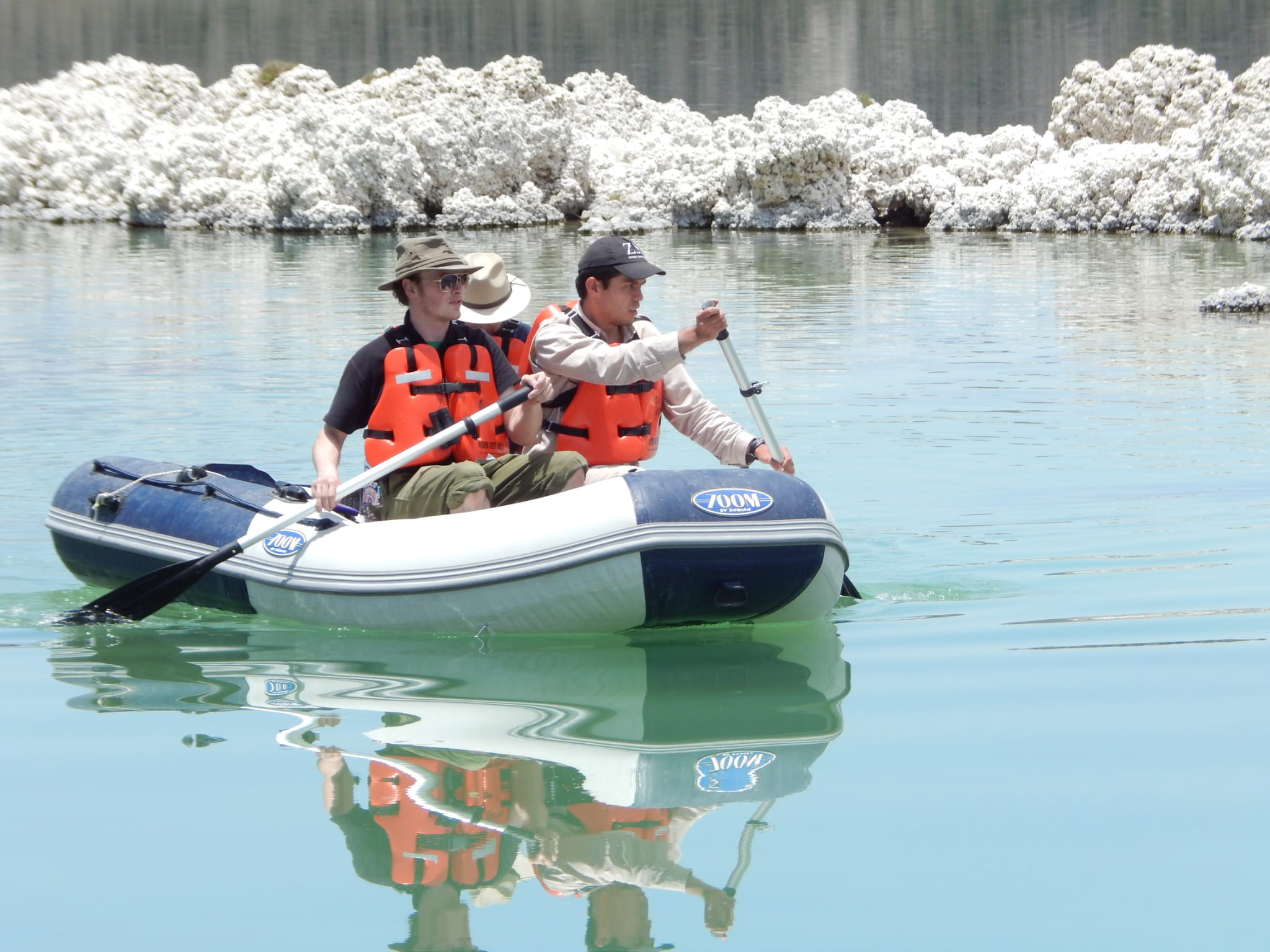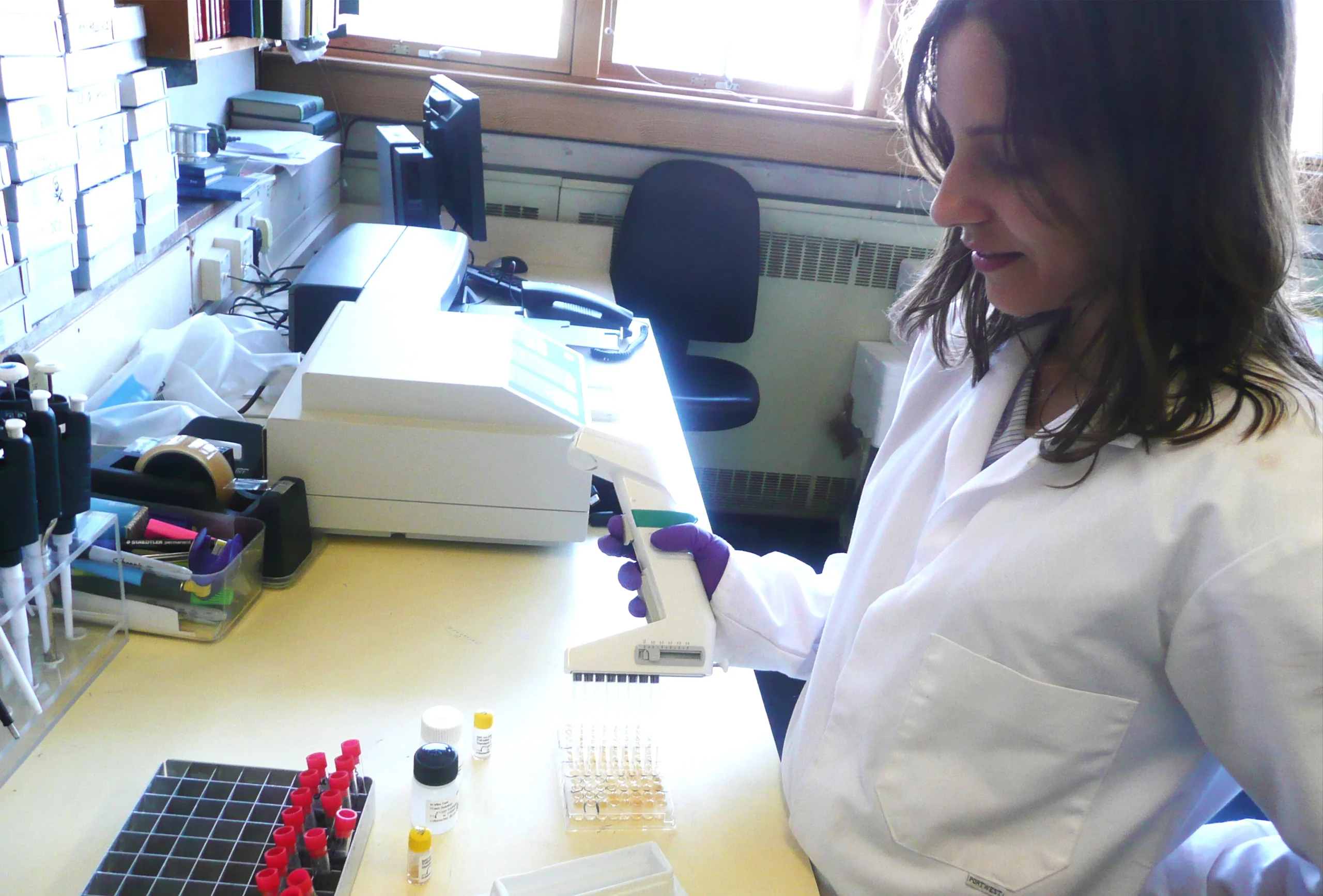Wild Animal Health...
Wild Animal Health works for species recovery through expert consultancy services in wildlife health monitoring, disease risk analysis and conservation translocation


Wild Animal Health
The burgeoning global extinction crisis threatens not only biodiversity but also the human systems dependent on it. Conservation approaches such as habitat restoration, translocations and ex situ methods are used to help to mitigate these threats and restore populations and biodiversity, but are subject to complex factors determining their success or failure.
As a result, monitoring and understanding the health of free-living wildlife is critical to effective conservation: the IUCN recommends consideration of wildlife health as a core component of any conservation initiative, especially those involving translocations.
Wild Animal Health
Wild Animal Health has been established to support conservation initiatives in meeting recommendations for best practice. Offering both direct consultancy and capacity building through training, we provide tailored, holistic, specialist expertise in:
- Disease risk analysis for conservation interventions and rewilding
- Wildlife disease monitoring and surveillance programmes, both in the field and in the pathology lab
- Best practice translocation and ex situ methods including husbandry, individual identification, transport and release
- Quantitative methods, including experimental design, data collection, design and implementation of robust data analysis, and practical interpretation, dissemination and implementation of findings
Quantitative methods to provide insights into project needs and impacts, including experimental design, data collection, design and implementation of robust data analysis, and practical interpretation, dissemination and implementation of findings.
Wildlife disease monitoring & surveillance programmes, both in the field and in the pathology lab.
Disease risk analysis for conservation interventions and rewilding
Wild Animal Health
Best practice translocation and ex situ methods including husbandry, individual identification, transport and release

BVetMed MRCVS CertZooMed DVetMed DipECZM (Wildlife Population Health) PGCAP FHEA
Tony is a wildlife veterinarian and epidemiologist, with a diploma in Wildlife Population Health, and 35 years’ experience of investigating disease threats to wildlife and monitoring the health of wild animals in reintroduction programmes.

BA (Oxon) PhD FLS
Chris is a conservation biologist and applied statistician with broad experience of practical in- and ex-situ conservation, and the use of complex quantitative methods to derive data-driven insights into the needs, design and evaluation of conservation work.

PhD, MSc, BSc (Hons), MCIWEM, MIES, MRSC, MRSB
Emmelianna is an Environmental Scientist and Educator with over twenty years of experience successfully managing complex research and consultancy projects. She has worked across academia, NGOs and government sectors, addressing a wide range of environmental issues.
